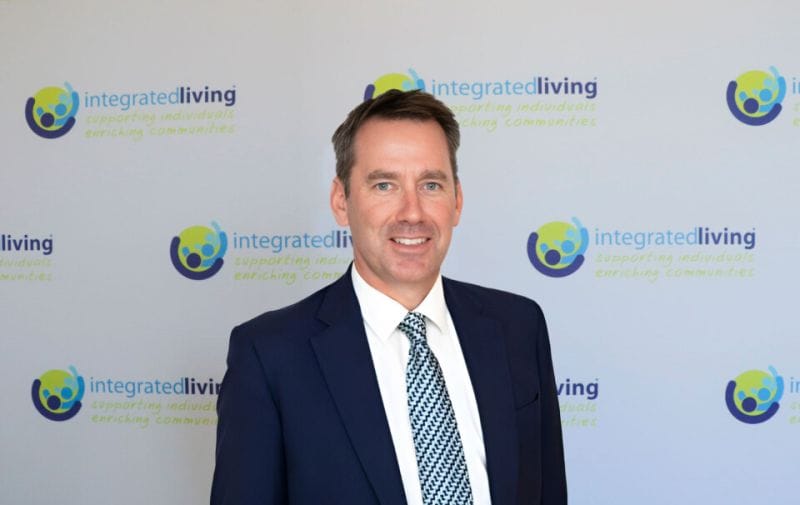Alan Kohler hits out at the retirement sector again The great Australia retirement maze
One week after his first blistering (and error riddled) critique of the retirement village sector, Business Spectator Editor in Chief Alan Kohler came out yesterday with another lightweight, error laden diatribe on the retirement village sector...
One week after his first blistering (and error riddled) critique of the retirement village sector, Business Spectator Editor in Chief Alan Kohler came out yesterday with another lightweight, error laden diatribe on the retirement village sector, with side jibes against aged care and manufactured home estates.
His piece commenced:
The worst thing about retirement living and aged care in Australia is its complexity. So cruelly, skillfully taxing for the elderly mind are the intricacies of the system that one can only conclude that it is deliberate.
In fact the arrangements for something as simple as spending ones twilight years in a small community of similar people are often so unintelligible that even the adult children cant work it out, let alone the septuagenarian customers.
Id call for urgent intervention by the government, but every time the bureaucrats go near this business they only make it worse.
Similar to his last article, Kohler gives no specific examples of what he considers the ills of the sector, but rather makes sweeping, alarmist statements such as:
A retirement village is a place where you buy a unit and contract to give the developer anything from 30 to 100 per cent of the proceeds when you or your deceased estate sells it.
Similar to the last article, he calls village operators developers and says or infers that they are simply seeking to milk septuagenarian customers.
A couple of facts that Mr Kohler does not either know or wish to know:
40% of these developers are churches and charities such as the Salvation Army, the Royal Freemasons, Catholic/Anglican/Jewish/United Protestant/Churches of Christ/Seventh Day Adventist/ Baptist Churches, as wells as community not for profit groups. Plus it should be pointed out that some of these groups have the highest DMF structures (e.g. 10% DMF on Day One)
villages are not a get rich quick business. Just look at the publicly listed operators and their return on assets. Using Aveo as an example, they are currently achieving a 4% cash return on assets and has aspirations of building that to 8% by 2018 4 years away. Veteran village finance expert Jim Hazel looks to a 10-15% Return On Investment as a benchmark for the sector but states it requires an 8-10 year investment commitment to achieve it. It would be better having the money in the bank but if operators did who would provide the supportive accommodation to the 160,000 village residents?
Under the Retirement Village act in each state, villages are the most regulated accommodation sector in the country, which is largely why nearly all developers and nearly all financiers prefer a straight residential development. Easier, greater profit and delivered faster. Oh, and you dont have to be bothered by dealing with septuagenarian customers and their personal problems as they sink into even older age
Australia is quite generous in its DMF/Capital Gain structure compared to New Zealand where villages are booming. Over here the septuagenarian customers pay a similar DMF to Australia but their Act supports the operator taking 100% of the capital gain in every contract
Most importantly, if Mr. Kohler actually cares for the welfare of the septuagenarian customers, is the fact that these customers actually believe their village purchase was a great outcome. Our independent McCrindle Baynes 2013 village census of 5,200 residents cross 232 villages nationally (private and not for profit) delivered a net Promoter Score of 25, which translates into retirement villages scoring the highest customer loyalty of any sector/industry in the country. These results support the same research in 2011 when 10,500 different residents completed the census. In total 15,700 residents out of 160,000 households. This is fact, not conjecture.
The most telling question in our census, in my opinion, was Question 35: To what extent has your overall happiness and life satisfaction changed since you moved into the village? 50% said they had increased slightly to significantly since moving into the village.
What other product or service, Mr. Kohler, can deliver such a life impacting result for an ageing customer, predominantly with health challenges? 6% said lightly declined and 3% said significantly declined. Again this remarkable given the survey covered residents across the whole village journey and say 25% Are in the last few years with encroaching serious health challenges.
Mary Wood, the executive Director of eh Retirement Living Council, issued a strong rebuttal to the Kohlers last article and the Editor of Business Spectator ran it last Friday. Her final words were:
After all, Mr. Kohler, 98 per cent of village residents cant be wrong.
(Kohler established Business Spectator in 2007, with Stephen Bartholomeusz, Robert Gottliebsen, and Eric Beecher, with financial backing from John Wylie and Mark Carnegie. They sold the business in 2012 to News Limited for $30 million. Business Spectators daily readership is 24,746).





